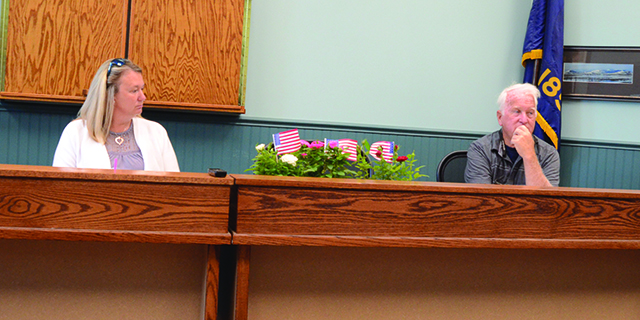A wage plan for rural Oregon
Published 5:17 am Tuesday, December 22, 2015
Oregon’s poorly conceived minimum wage law — like so many Oregon laws the product of a half-baked ballot initiative — has abused farmers, ranchers, food processors and other businesses large and small since it went into effect 11 years ago.
It has also abused their employees.
Trending
The law calls for Oregon’s minimum wage to automatically increase each year based on the U.S. City Average Consumer Price Index for All Urban Consumers. That means when the cost of living goes up in U.S. cities, the minimum wage across Oregon must increase by the same percentage. Whether a business is in booming Portland or tiny Mitchell, Ore., population 130, the minimum wage must be the same.
The problem: Oregon’s minimum wage often goes up even when the rural cost of living goes down or stays the same.
The impact can be significant. In John Day, the McDonald’s recently closed its doors because of the “low economics of the situation,” its owner said. In an area with 9.1 percent unemployment the loss of 18 jobs was a big deal.
While minimum wage increases over the years are not the sole reason for the loss of those jobs, they were a contributing factor.
Across Oregon, farmers who depend on temporary workers for harvest and other hand work have had to tighten their budgets to cover higher minimum wages.
We remind those of our readers unfamiliar with agriculture that farmers and ranchers are generally price-takers, meaning they cannot unilaterally raise prices as expenses such as payroll increase.
Trending
Comes now an idea that at least acknowledges the fact that the economy in Portland is vastly different from elsewhere in the state. Sen. Michael Dembrow, chairman of the Oregon Senate Workforce Committee, has proposed three regional minimum wages in Oregon. The minimum wage would be highest in Portland and lowest in rural Oregon.
“We needed to take into account cost of living and economic vitality in different parts of the state,” he told reporter Paris Achen of our Capital Bureau, a collaboration between EO Media Group, which owns the Capital Press, and Pamplin Media Group.
The proposal, the details of which have not yet been determined, is aimed at averting a ballot initiative that would jump Oregon’s statewide minimum wage to $15 an hour. Another initiative would increase it to $13.50 and give cities the authority to increase it more.
Either initiative would hammer farmers, ranchers and food processors. Dembrow’s proposal represents a compromise that would soften the blow to the rural economy.
Though we’re still against constant efforts to increase the minimum wage, we do appreciate the senator’s recognition that Oregon’s rural economy is in a far more precarious condition than the state’s urban economies.









